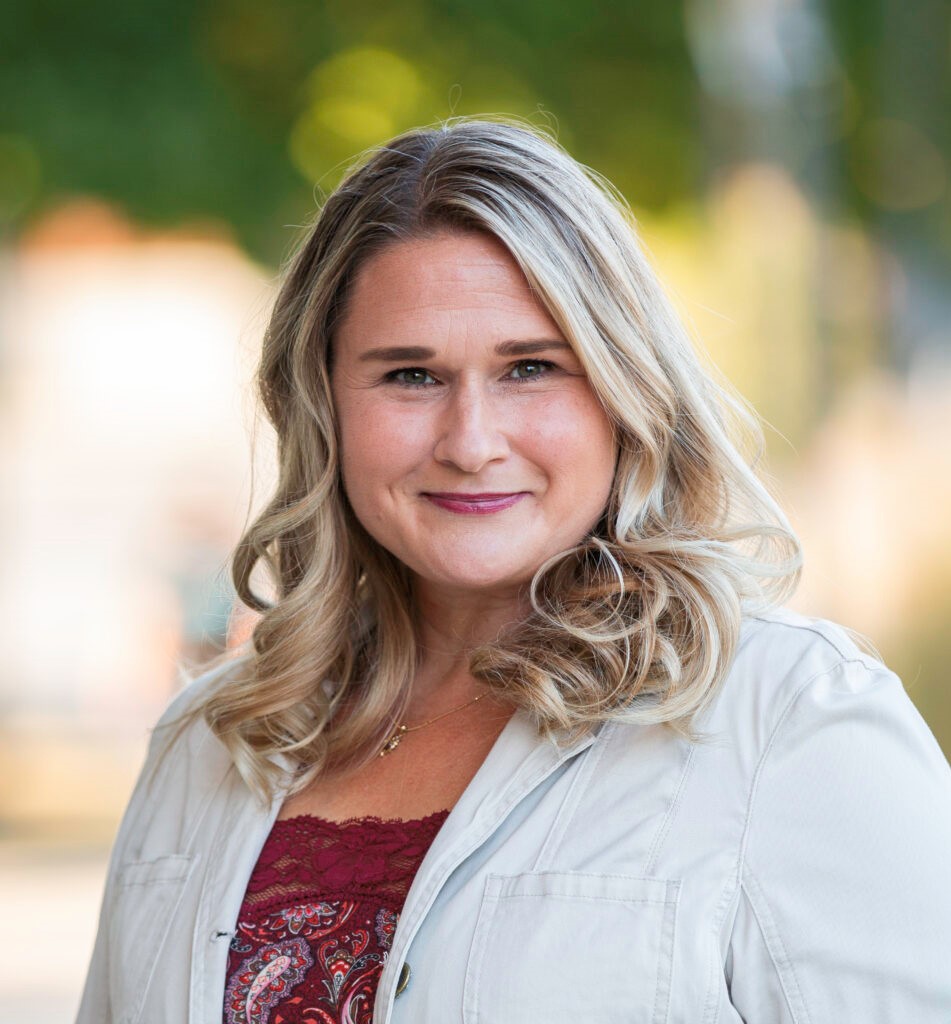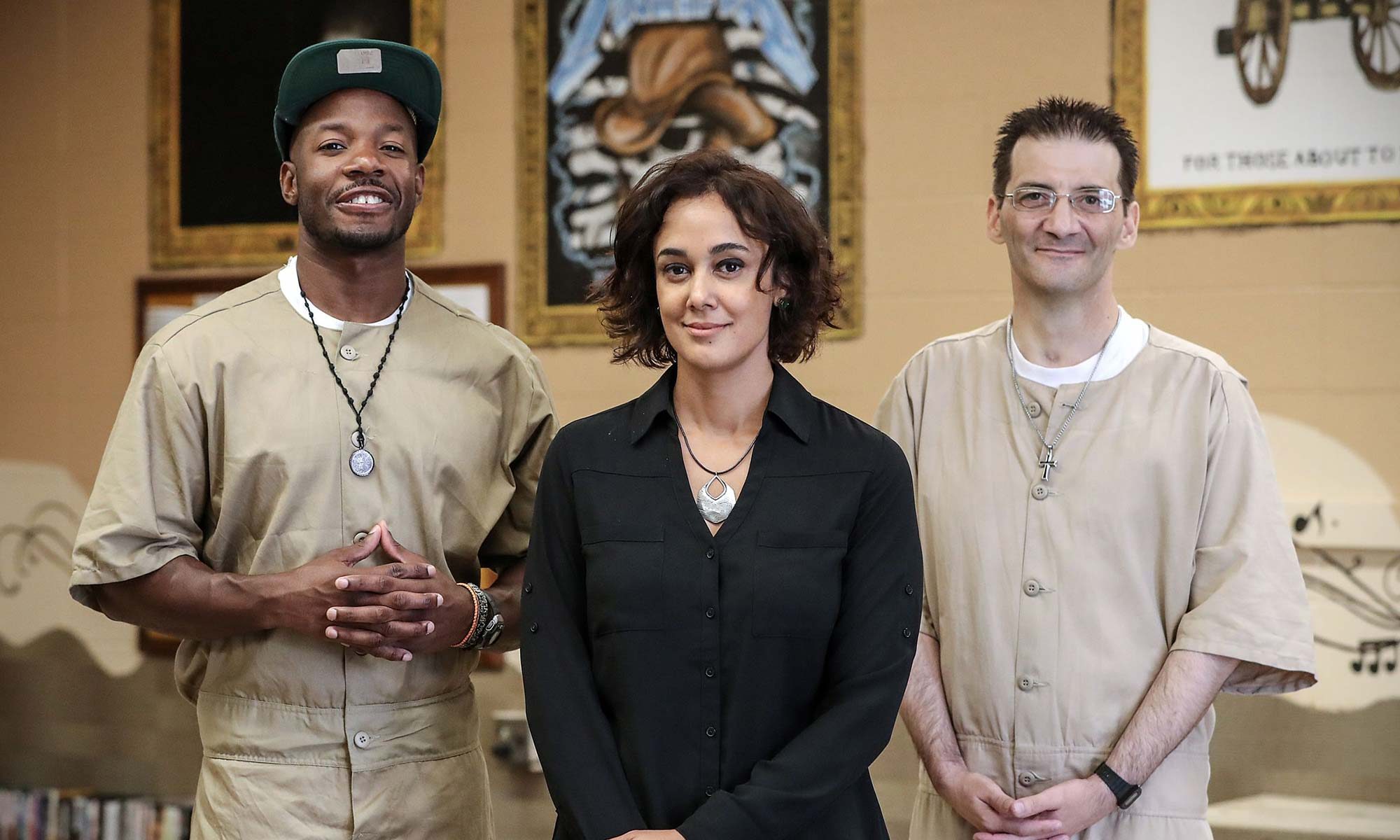It’s been a year since I have been to the prisons. Some people joke that that’s probably a good thing, but what I have found with each passing month is that a part of me is missing. As an instructor with IPWW, I miss those days where I could sit in the classroom with twelve men and listen to them share their stories and struggles. I miss seeing them and catching up on their lives, making sure they are doing alright. I miss feeling connected to that collective creativity that would fuel my own desire to put pen to paper and gently beckon me to write. I remember the times holed up in my office, pouring over their writing until late in the night, reading it and then re-reading it and sometimes re-reading it again. It was never a burden; it was a joy and a privilege to be trusted with someone’s words. Sometimes the stories were just stories and other times the stories were someone’s reality and the pain in their words was palpable and you could sense the scars were still there. Those were the times when I put myself in their shoes, heard their voices reading the words on the page, saw their faces in my mind and cried. I have found myself blown away by their creativity and moved by their honesty. There is a unique connection you make with someone when they hand you their life story or share the difficult parts of their life with you that most people wouldn’t get to hear. You feel you know them on a deeper level. The trust I’m given with their words is humbling. To those men, I could just be some random person off the street who shows up twice a month to give them an outlet to write and give them feedback (albeit amateur advice at best), but I don’t think I am. I hope I’m not. I prefer to see myself as an encourager rather than an editor and a friend rather than a facilitator.
The class is twelve weeks long, but I spend the better part of a year with these men. Through casual conversations and a commitment to showing up each week, the men begin to trust me and consider me a friend. What I have come to realize is that friendships can be formed in the most unlikely of places. As with any friendship, you celebrate the successes and their happiness becomes your happiness. Being released from prison is the best reason for celebrating, but it can also be one of the hardest for me. A year has gone by. Most of the men in my class have either been transferred to another facility or released. I may not have gotten a chance to say goodbye. That’s where the human connection part of my volunteer work is difficult. I’m happy for them, but at the same time I can’t help but feel a sense of loss. I spend time wondering whether or not the workshop made a difference in their lives, or, if I’m being completely honest, whether I was able to make a difference in their lives? Will my words of encouragement be remembered long after their time has been served?
Sometimes I think, ‘Am I giving too much of myself to the class?’ If I’m so easily moved to emotion, maybe I need to take a step back. Yet, if I want honesty and vulnerability from the men I can hardly go in superficial and with walls built up around me. I know myself well enough to know that that’s not who I am and that my attempts at dissociation would be in vain. I love connecting with people. Writing connects people in a way that few other things can. There is something powerful about taking the words in your heart and putting them to paper and allowing your mind to empty itself – thoughts and emotions, memories and imaginings all pooling together to allow you to make sense of life. And then, on top of that, sharing your writing with others requires courage. I think even the most confident of writers feel those nervous flutters of uncertainty from time to time. The men in my class are no different. Each new day requires courage to face the challenges of life on the inside. I’m grateful that they bring that courage to class, open themselves up to others and, through their writing, build connection with one another and also with me. That’s when writing becomes more than just words.
Over the past year when I found myself melancholy and missing class, I would pull out stories or poems from the men who were kind enough to let me keep copies of their writing and I would read them, slowly and intentionally, allowing their words to revive my spirit. I was thankful then for those streams in the desert that kept me fulfilled and inspired, and I am thankful now for the community engagement coordinator at the prison who has been gracious enough to allow me to send in writing prompts for the men to work on over the past year when we haven’t been able to meet in person. She then emails me any writing that the men want me to look over for them. It’s not a consistent thing, but when I do receive writing from them it makes me happy. One of the men recently expressed his appreciation for sending the prompts because he said it keeps him motivated. If he only knew that the appreciation goes both ways. Getting the opportunity to read their writing has helped fill a void in my life and keep me connected to them. Through their words, I am reminded why I give of myself and love what I do. Whether these men know it or not they are giving me purpose.

